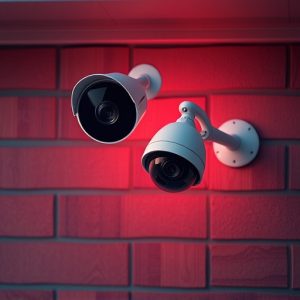Selecting a home security system involves evaluating risks (break-ins, fire hazards), daily routines, budget, and tech preferences. Choose between wired or wireless setups, with options for remote access via smartphone apps. Identify necessary sensors like motion, glass break, smoke/carbon monoxide detectors based on vulnerabilities. Consider system connectivity, user-friendliness, and features like automated arming, cameras, and emergency notifications. Installation options include professional setup (expertise) vs DIY (self-installation), with considerations for budget and home layout. Choose a reputable provider with advanced tech, 24/7 monitoring, good reviews, and flexible contracts for optimal peace of mind.
Selecting the ideal home security system is a crucial step in safeguarding your sanctuary. This comprehensive guide will walk you through the process, ensuring you make an informed decision tailored to your unique requirements. From assessing your home’s vulnerabilities to understanding various system types and evaluating critical features, we’ll explore each essential aspect. Additionally, we’ll delve into installation options and choosing a reputable security provider, empowering you to fortify your home effectively.
- Understanding Your Home Security Needs
- Types of Home Security Systems: An Overview
- Evaluating Features and Components
- Installation Options and Considerations
- Choosing a Reliable Security Provider
Understanding Your Home Security Needs
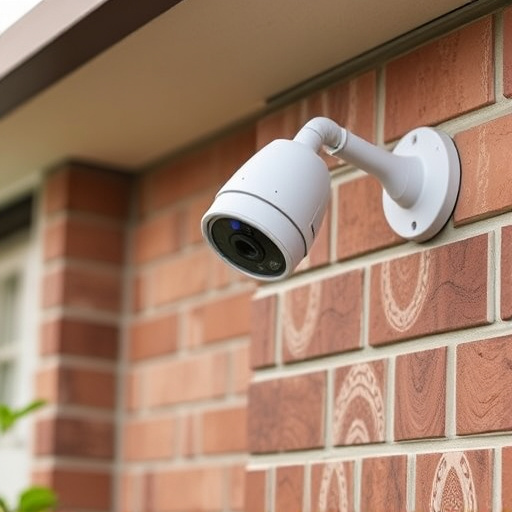
Understanding your home security needs is a crucial first step in choosing the right system for your home. Consider the specific risks and threats you want to mitigate—whether it’s protecting against break-ins, fire hazards, or carbon monoxide leaks. Every home has unique requirements, from basic door and window sensors to advanced surveillance systems with motion detection and 24/7 monitoring.
Assess your daily routines, living situation, and budget to determine the level of security needed. For instance, if you live in a high-crime area or have valuable possessions, a comprehensive system with backup power and remote access might be ideal. Conversely, a simpler setup could suffice for those who prioritize basic protection without advanced features.
Types of Home Security Systems: An Overview
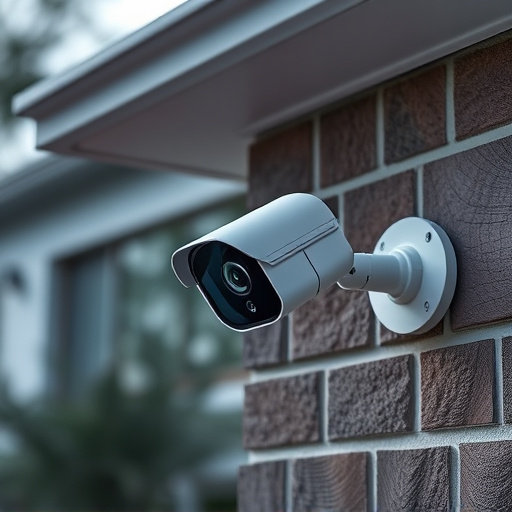
Home security systems have evolved significantly over the years, offering a wide array of options tailored to diverse needs and preferences. Understanding these types is crucial when choosing the right system for your home. One common category is wired systems, known for their reliability and robust features. These typically involve sensors connected via cables to a central control panel, providing a straightforward setup with advanced monitoring capabilities.
Another popular choice are wireless systems, offering flexibility and ease of installation. They utilize radio frequency (RF) or Wi-Fi signals to transmit data between devices, allowing for remote access and control via smartphone apps. This modern approach caters to tech-savvy individuals seeking convenient home security solutions without the hassle of complex wiring.
Evaluating Features and Components
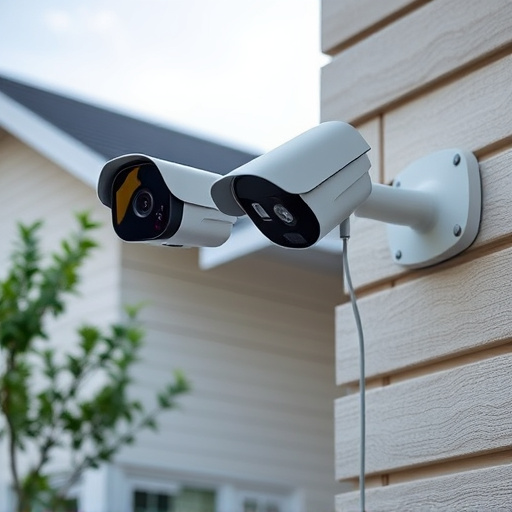
When evaluating home security systems, it’s crucial to assess the features and components that align with your specific needs. Start by identifying potential risks and vulnerabilities in your home, such as break-ins or fire hazards. Based on these factors, consider the types of sensors you require—motion detectors, glass break sensors, smoke/fire alarms, or carbon monoxide detectors. Additionally, look into system connectivity options like Wi-Fi, Bluetooth, or cellular networks, ensuring compatibility with your existing home network and smartphone apps for remote monitoring.
Next, explore the control panel, which serves as the brain of your security system. A user-friendly interface with clear display and intuitive controls is essential. Moreover, consider additional features such as automated arming/disarming, motion-triggered cameras, and emergency notification systems that can alert local authorities in case of a break-in or other emergencies. Regularly review system specifications and user manuals to ensure you fully comprehend the capabilities and limitations before making your final decision for optimal home security.
Installation Options and Considerations
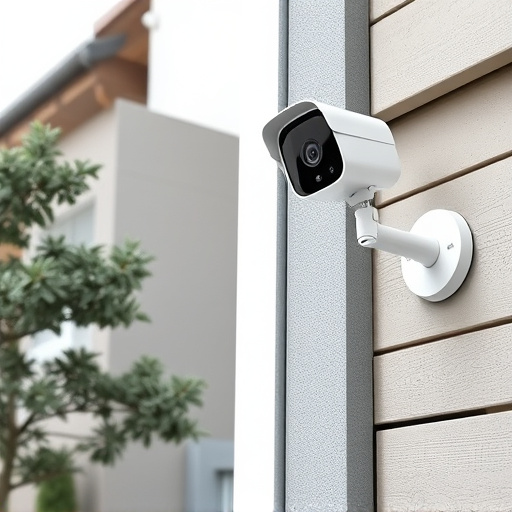
When choosing a home security system, understanding installation options is key. You can opt for professional installation, where experts handle the entire process, ensuring a secure setup tailored to your home’s unique needs. This method offers peace of mind and expert knowledge but comes with additional costs. Alternatively, many modern security systems are designed for DIY (do-it-yourself) installation, allowing you to set up sensors, cameras, and alarms yourself. This option is more budget-friendly but requires some technical know-how and time to ensure each component is properly placed and connected.
Consider your home’s layout, entry points, and any specific security concerns when making your decision. Professional installers can provide valuable insights into the best placement for sensors and cameras based on your property’s architecture and potential vulnerabilities. DIY installations require careful planning, reading instructions, and troubleshooting any issues that arise during setup. Ensure you choose a system with clear, comprehensive guides and customer support to assist you throughout the installation process.
Choosing a Reliable Security Provider
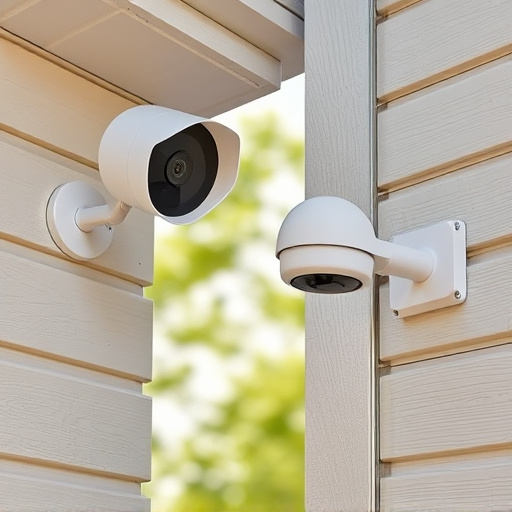
When selecting a home security system, choosing a reliable and reputable security provider is paramount. Look for companies with a proven track record in the industry, offering comprehensive services and advanced technology. Research their customer reviews, licensing, and certifications to ensure they meet your area’s standards. A trustworthy provider should offer 24/7 monitoring, quick response times, and a variety of protection options tailored to your specific needs.
Consider the range of services they provide, such as security cameras, motion sensors, smart locks, and alarm systems. Reputable companies often have centralized command centers, ensuring professional monitoring and swift action during any security breaches. Additionally, they should offer flexible contract terms and transparent pricing structures, allowing you to choose a plan that aligns with your budget and desired level of protection for your home security.
When selecting a home security system, understanding your specific needs is key. By evaluating factors like your home’s layout, family dynamics, and budget, you can choose from various types, including monitored, DIY, or smart systems. Each offers unique features and installation options, from professional setup to do-it-yourself installations. Look for reputable providers with a proven track record of reliability and customer satisfaction. With the right security system in place, you’ll gain peace of mind, knowing your home and loved ones are protected.
